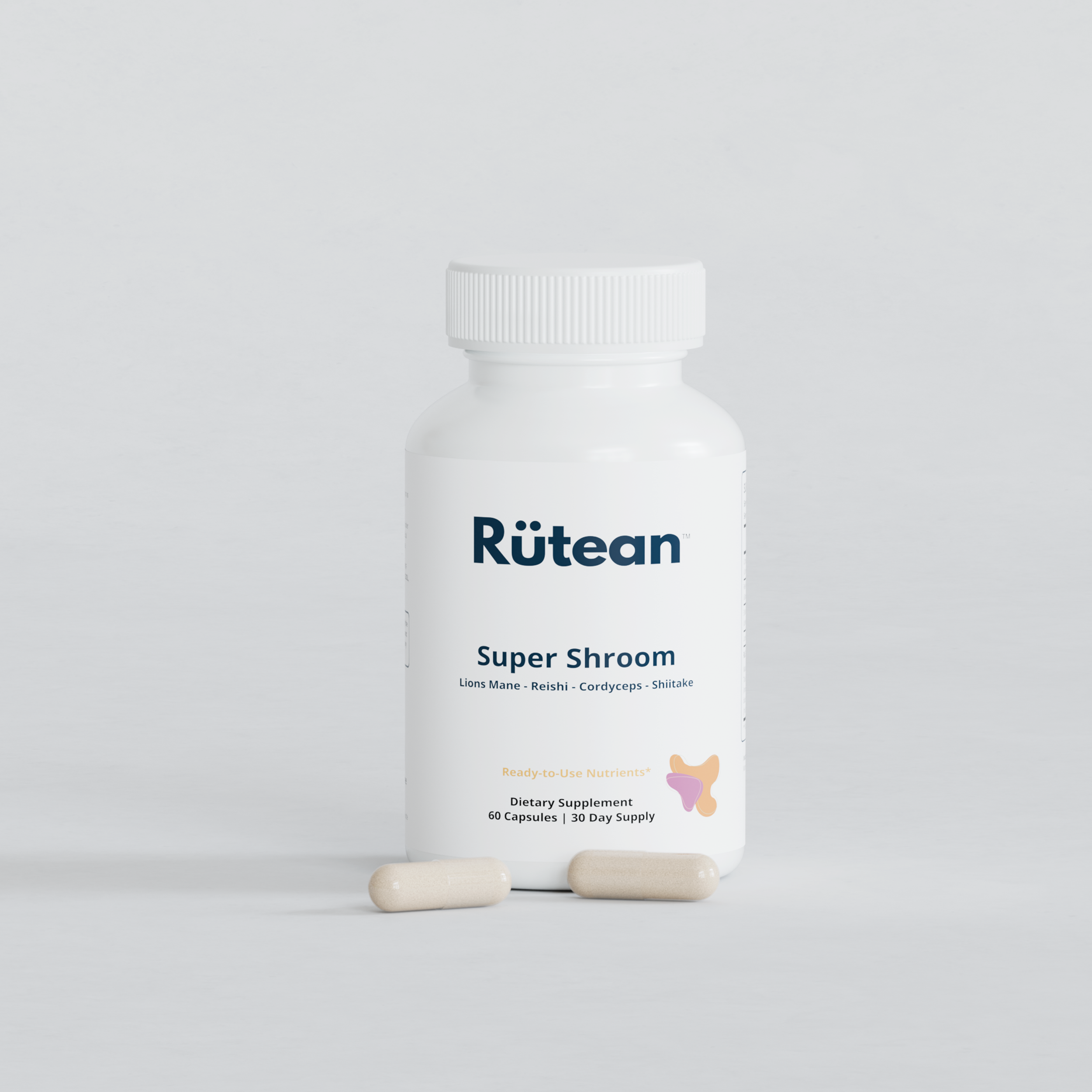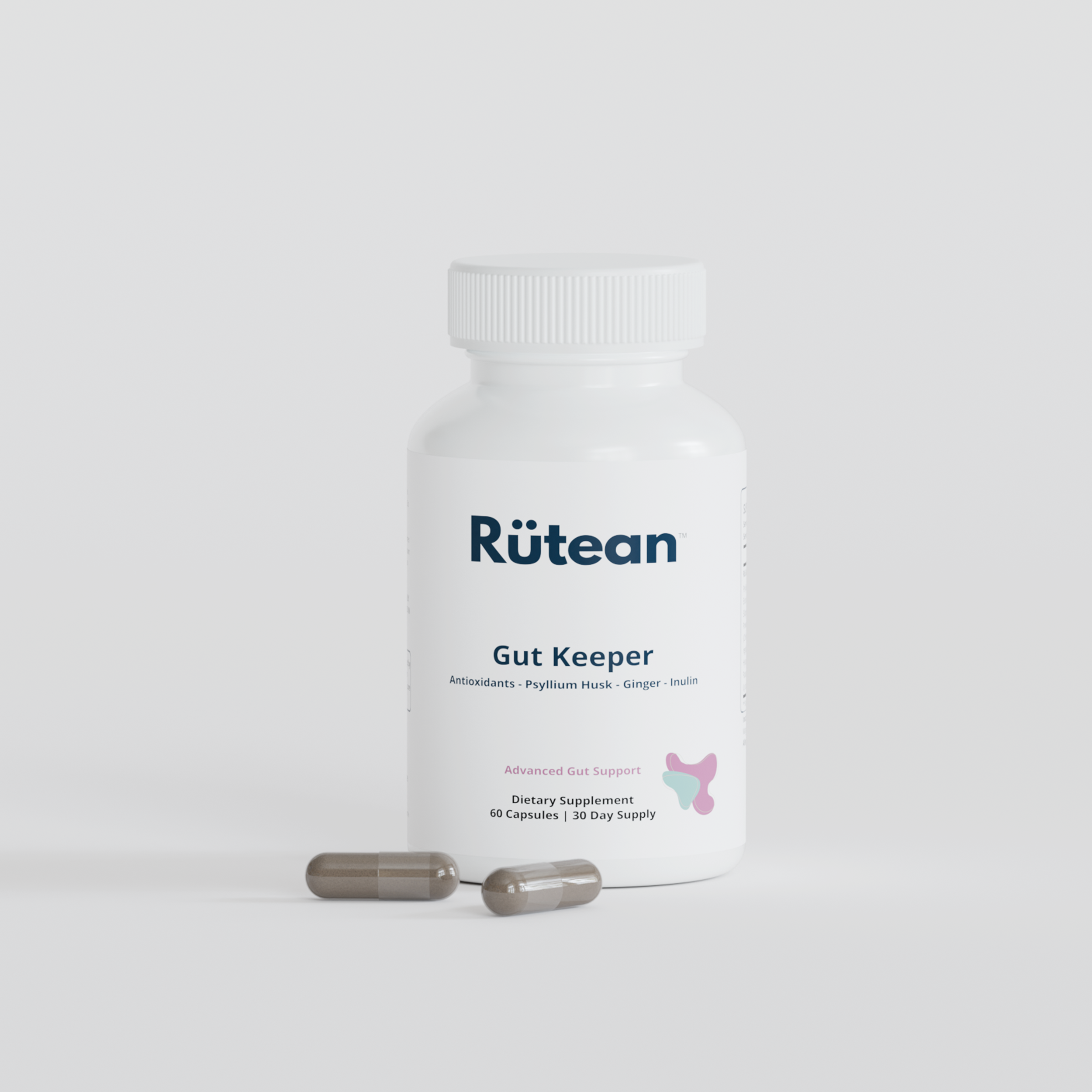Pregnancy is a miraculous journey of nurturing life, with myriad physiological, hormonal, and emotional adaptations. Apart from the endearing baby bump and the thrill of those first movements, there's a less-discussed but profoundly important transformation happening within: the ever-evolving state of gut health.
The Gut-Pregnancy Connection
The gut, sometimes referred to as the 'second brain', is essential to our overall health. It's home to a diverse community known as the gut microbiome, which consists of bacteria, fungi, and viruses. This community plays a key role in digestion, supports our immune system, influences our mood, and even aids in producing certain vital vitamin[1]
During pregnancy, the fluctuating hormonal landscape can significantly influence this delicate internal ecosystem.
1. Hormonal Changes:
Elevated levels of hormones, especially progesterone, cause the digestive tract to relax, leading to slowed digestion[2]. This deceleration often manifests as constipation, bloating, or the dreaded acid reflux many pregnant women report.
2. Altered Immune Response:
Pregnancy modifies the immune system to prevent it from rejecting the fetus, which is genetically different. This modulation can affect the balance of the gut microbiome, sometimes making pregnant women more vulnerable to certain gastrointestinal infections[3].
3. Dietary Adjustments:
Diet impacts gut health immensely[4]; The cravings, aversions, or even doctor-recommended dietary changes during pregnancy can shift the balance of beneficial versus harmful gut residents.
4. Physical Pressure:
As the baby grows and the uterus expands, it exerts physical pressure on surrounding organs, including the intestines and stomach. This can influence gut transit times and overall digestive comfort[5].
5. Use of Medications:
From prenatal vitamins to antibiotics, medications introduced during pregnancy can have a profound effect on gut flora[6]. It's paramount to discuss any concerns with a healthcare professional.
The Potential Impacts on Gut Health
- Digestive issues: A shift in microbial balance can exacerbate typical pregnancy-induced digestive challenges.
- Mood fluctuations: The gut-brain axis is an established pathway through which the gut can influence mood and behavior[7]. Changes in gut health might play a role in mood alterations during pregnancy.
- Impact on baby's microbiome: Research suggests that a mother's gut health can shape the initial microbial colonization of her newborn, influencing the baby's future health[8]
Optimizing Gut Health During Pregnancy
- Diet: Incorporating a varied diet rich in fiber, whole grains, and fermented foods can foster a robust gut microbiome[9]
- Stay hydrated: Proper hydration supports optimal digestion and can alleviate issues like constipation[10]
- Exercise: Regular, moderate exercise boosts circulation and can promote a more balanced gut environment[11]
- Probiotic supplements: Certain strains of probiotics might offer benefits during pregnancy, but always consult with a medical professional before beginning any regimen[12]
- Stress management: Chronic stress can negatively impact gut health. Mindfulness practices or therapeutic interventions can be invaluable[13]
In Conclusion
Pregnancy is a period of profound transformation, extending beyond the visible changes. By understanding and nurturing gut health, expectant mothers can bolster their well-being and potentially provide a healthier start for their baby. Always collaborate closely with healthcare professionals to make informed choices.
References
1- Cryan, J. F., & Dinan, T. G. (2012). Mind-altering microorganisms: the impact of the gut microbiota on brain and behaviour. Nature Reviews Neuroscience, 13(10), 701-712.
2- Mayo Clinic. (2020). Pregnancy week by week.
3- Mor, G., & Cardenas, I. (2010). The immune system in pregnancy: a unique complexity. American journal of reproductive immunology, 63(6), 425-433.
4- David, L. A., Maurice, C. F., Carmody, R. N., Gootenberg, D. B., Button, J. E., Wolfe, B. E., ... & Turnbaugh, P. J. (2014). Diet rapidly and reproducibly alters the human gut microbiome. Nature, 505(7484), 559-563.
5- Gaillard, R., Durmuş, B., Hofman, A., Mackenbach, J. P., Steegers, E. A., & Jaddoe, V. W. (2013). Risk factors and outcomes of maternal obesity and excessive weight gain during pregnancy. Obesity, 21(5), 1046-1055.
6- Stokholm, J., Blaser, M. J., Thorsen, J., Rasmussen, M. A., Waage, J., Vinding, R. K., ... & Brix, S. (2018). Maturation of the gut microbiome and risk of asthma in childhood. Nature communications, 9(1), 1-10.
7- Mayer, E. A., Tillisch, K., & Gupta, A. (2015). Gut/brain axis and the microbiota. The Journal of clinical investigation, 125(3), 926-938.
8- Dominguez-Bello, M. G., Costello, E. K., Contreras, M., Magris, M., Hidalgo, G., Fierer, N., & Knight, R. (2010). Delivery mode shapes the acquisition and structure of the initial microbiota across multiple body habitats in newborns. Proceedings of the National Academy of Sciences, 107(26), 11971-11975.
9- Singh, R. K., Chang, H. W., Yan, D., Lee, K. M., Ucmak, D., Wong, K., ... & Liao, W. (2017). Influence of diet on the gut microbiome and implications for human health. Journal of translational medicine, 15(1), 1-17.
10- Popkin, B. M., D'Anci, K. E., & Rosenberg, I. H. (2010). Water, hydration, and health. Nutrition reviews, 68(8), 439-458.
11- Monda, V., Villano, I., Messina, A., Valenzano, A., Esposito, T., Moscatelli, F., ... & Cibelli, G. (2017). Exercise modifies the gut microbiota with positive health effects. Oxidative medicine and cellular longevity, 2017.
12- Koren, O., Goodrich, J. K., Cullender, T. C., Spor, A., Laitinen, K., Bäckhed, H. K., ... & Ley, R. E. (2012). Host remodeling of the gut microbiome and metabolic changes during pregnancy. Cell, 150(3), 470-480.
13- Kiecolt-Glaser, J. K., Derry, H. M., & Fagundes, C. P. (2015). Inflammation: depression fans the flames and feasts on the heat. American Journal of Psychiatry, 172(11), 1075-1091.



